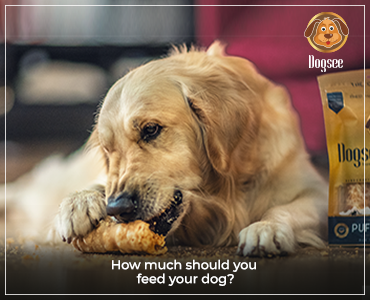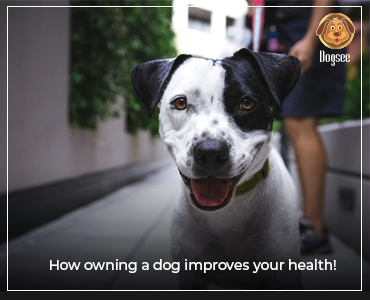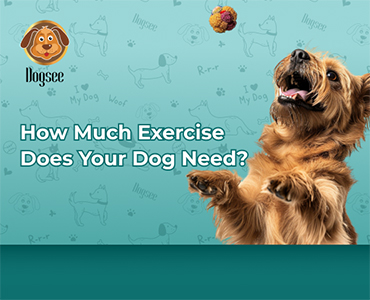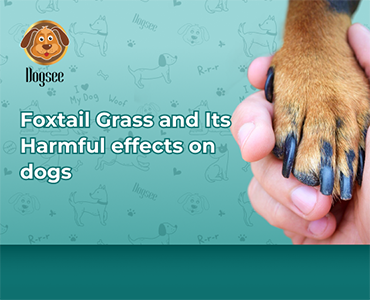
Does the thought of potty training your pup torment you? Well, loosen up as there’s nothing more dreadful than a puppy who’s teething.
Worry not! You’re at the right place for all sorts of tips and tricks to ease these tough times.
Puppy Teething
Puppies are the most delightful and adorable pets you can have around. But once they start to teethe, it’s a madhouse! Your puppy will develop his first set of teeth as early as 2 weeks after birth. With time, these 28 milk teeth fall out and make room for permanent adult teeth.
Stages of Puppy Teething
Birth to Two Weeks: Your nursing puppy is all cozied up with its mother or breeder and just starting to open its eyes to the world.
Two to four Weeks: Incisors emerge, followed by premolars, molars, and canines.
Five to Eight Weeks: All 28 baby teeth emerge at around eight weeks, and they begin to fall at about 12 weeks.
Twelve to Sixteen Weeks: Adult teeth emerge and replace milk teeth. Puppy chew sticks are a life-saver at this stage.
Six Months and Older: Your puppy at this stage should have 42 permanent adult teeth. If there are any baby teeth left, let your vet know so they can be removed.
Common Symptoms of Puppy Teething
Has your puppy been very restless lately, nipping at your toes, fingers, and even your furniture? Don’t lash out at him or lose your cool because these could be probable puppy teething symptoms.
Always Chewing
It’s a pretty normal tendency for your pup to be obsessed with chewing. A sudden and drastic shoot-up of this habit could be the beginning of the teething stage.
This newfound chewing addiction may cause him to go out of his way to satisfy his desire to chomp. Distract your pooch and save your furnishings with the help of Dogsee Chew’s flavourful Puppy Chews.
Frequent Drooling
The pain due to teething can cause your puppy to drool more than normal. You can also, at times, notice bloodstains in their saliva.
Swollen Gums
Red and swollen gums are common puppy teething symptoms that you don’t need to worry about.
Whining a lot
Puppies who are teething tend to whine while chewing on toys and eating. This is due to their sensitive teeth and gums at this time. As long as the whining isn’t excessive and your puppy doesn’t seem to be in severe pain, this is still within the realm of normal teething behavior.
Solutions for Happy Teething
Let your puppy know that nipping is bad by exclaiming ‘ouch’ and replacing your finger with puppy chew sticks.
Cold and frozen puppy treats help to soothe and numb the pain caused by sore gums. Dogsee Chew offers delicious, frozen treats that will make your pup’s teething process pain-free.
You can also read: How Long Lasting Dog Chew for Puppies Can Help Your 2 Month Old
Use natural and safe puppy chews in order to safeguard your pooch’s brittle teeth from damage.
The best way to give your puppy a good teething experience is by engaging them in activities. A daily routine rich with both physical and mental activities will help keep your puppy's mind off the pain and prevent them from getting into trouble.
It’s important for you as a pet parent to establish a good dental care routine with your pup and take measures to make the teething experience painless and soothing. Train your dog to accept regular brushing and incorporate dental chews and puppy treats into their routine to motivate them. Dogsee Chew offers the best dental chews that help your pooch have a great chewing experience and, most importantly, plaque-free teeth.
 HELPFUL0 people found it helpful
HELPFUL0 people found it helpful
Related Blogs
Subscribe to Our Blogs
and never miss on the latest update!



















